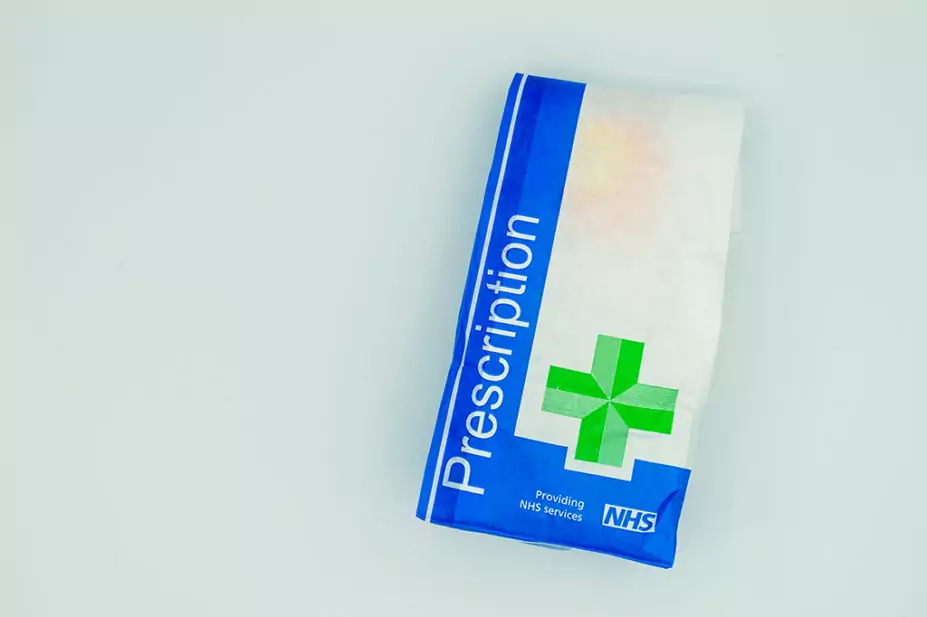
Shutterstock.com
NHS England has commissioned the Royal Pharmaceutical Society (RPS) and Royal College of General Practitioners (RCGP) to develop a toolkit for primary care staff on repeat prescribing.
In a statement published on 14 June 2023, the RPS said the guidance is being designed to ensure the healthcare system is more effective in handling repeat prescribing for better patient care.
It comes after a government-commissioned review into overprescribing revealed in 2021 that 10% of items dispensed through primary care in England are inappropriate for patients’ circumstances, and 15% of people are taking five or more medicines per day, putting them at increased risk of adverse events and hospitalisation.
The RPS and RCGP are bringing together a working group over the next 18 months to work with healthcare professionals on a draft version of the guidance and develop best practice, the statement said.
The group will also create an implementation plan for GP practices and pharmacies, and the impact of the guidance will be measured in terms of patient care and its rollout by practices and pharmacies.
The working group will be co-chaired by Clare Howard, clinical lead for the Academic Health Science Network polypharmacy programme, and Michael Mulholland, honorary secretary of the RCGP.
Howard said the guidance would help reduce the burden of repeat prescribing on those working in GP practices and primary care networks (PCNs).
“I’m delighted to be working on this toolkit with the RPS and RCGP. We prescribe and dispense well over 1 billion prescription items in England in primary care and over 75% of those items are repeat prescriptions,” said Howard.
“The vast majority of medicines are prescribed and dispensed safely, but we know from the evidence that there are risks in our systems and, as these systems get busier, with more and more people on multiple medicines, we need to ensure that our processes are both safe for our patients and efficient for our primary care workforce.
“We will develop a toolkit to help GP practices and PCNs to understand where the risks in their local arrangements might be and how to address them to ensure systems are run safely, and also reduce unnecessary burdens on our valuable clinical workforce.”
Tony Avery, GP and professor of primary health care at the University of Nottingham, and national clinical director for prescribing at NHS England, said: “Having medicines on repeat prescription makes life easier for patients, general practices and community pharmacies, but problems and waste can occur if the repeat prescription process is not designed well, or if patients’ medicines are not reviewed on a regular basis.
“The guidance and training resources that will be developed by the RPS and RCGP will ensure that repeat prescribing systems work well for patients and NHS primary care teams, reduce inefficiency and waste and, most importantly, keep patients safe.”
The final guidance will be published in May 2024.


